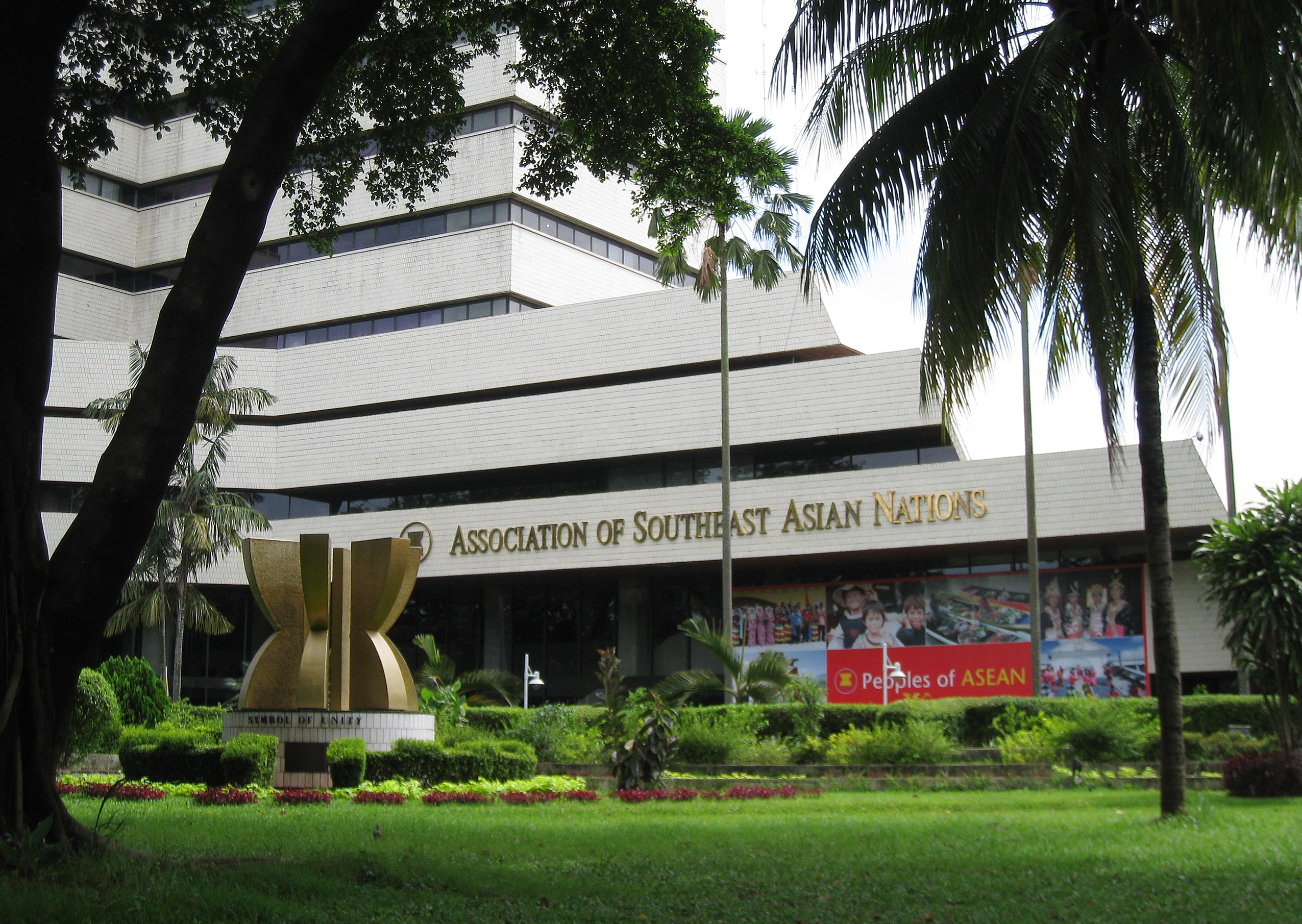World
China and ASEAN Sign Enhanced Free Trade Agreement in Kuala Lumpur

On October 30, 2023, China and the Association of Southeast Asian Nations (ASEAN) signed the China–ASEAN Free Trade Area (CAFTA) 3.0 Upgrade Protocol in Kuala Lumpur. This agreement represents a significant advancement in regional economic integration, updating a framework that was first established in 2010. The signing ceremony featured Wang Wentao, China’s Minister of Commerce, alongside ASEAN economic ministers.
The upgraded protocol aims to enhance cooperation across nine key areas. These include the digital economy, green economy, supply chain connectivity, competition policy, and support for micro, small, and medium enterprises. This comprehensive approach seeks to foster deeper economic ties between China and the ten ASEAN member states.
Regional Stability and Economic Growth
During a multilateral meeting held on the following day, Li Qiang, Premier of China, highlighted the benefits of the upgraded agreement. He stated that it “creates new opportunities for high-quality economic cooperation.” Li also expressed concerns over rising unilateralism and protectionism, which he believes have negatively impacted the international economic order.
“Power politics and economic bullying threaten development,” Li emphasized, urging for regional unity and cooperation to counteract external pressures.
Li’s remarks reflect a growing sentiment among ASEAN members about the need for solidarity in the face of international challenges. He reiterated China’s commitment to work collaboratively with ASEAN nations, aiming to build greater synergy and resist external disturbances.
Impact on Trade and Investment
Commentators suggest that the CAFTA 3.0 Upgrade Protocol will further lower trade barriers, enhance commerce, and facilitate investment between China and ASEAN. Experts believe the agreement is poised to enable freer flows of goods and capital, ultimately fostering an open, fair, and inclusive market that benefits both sides.
The protocol is seen as a crucial step towards strengthening economic ties within the region, especially as countries navigate a rapidly changing global landscape. The emphasis on cooperation in areas such as the digital economy and green initiatives aligns with broader international goals for sustainable development.
As the world continues to face economic challenges, the CAFTA 3.0 Upgrade Protocol may serve as a model for how regional agreements can adapt to the evolving dynamics of global trade and foster mutual growth.
-

 Science2 weeks ago
Science2 weeks agoResearchers Challenge 200-Year-Old Physics Principle with Atomic Engines
-

 Politics2 weeks ago
Politics2 weeks agoNHP Foundation Secures Land for 158 Affordable Apartments in Denver
-

 World4 days ago
World4 days agoBoeing’s Aircraft Production: Assessing Numbers and Challenges
-

 Entertainment3 days ago
Entertainment3 days agoSyracuse Stage Delivers Lively Adaptation of ‘The 39 Steps’
-

 Lifestyle2 weeks ago
Lifestyle2 weeks agoLongtime Friends Face Heartbreak After Loss and Isolation
-

 Science3 days ago
Science3 days agoAI Misidentifies Doritos Bag as Gun, Triggers Police Response
-

 Lifestyle4 days ago
Lifestyle4 days agoRed Bluff High School’s Elli Nolan Named Rotary Student of the Month
-

 Health2 weeks ago
Health2 weeks agoNeuroscientist Advocates for Flag Football Until Age 14
-

 World2 weeks ago
World2 weeks agoGlobal Military Spending: Air Forces Ranked by Budget and Capability
-

 Top Stories4 days ago
Top Stories4 days agoUrgent Search for Suspect Who Exposed Himself to Teen Girl
-

 Business2 weeks ago
Business2 weeks agoSpirit Airlines Cuts Workforce with Furloughs for 365 Pilots
-

 Health2 weeks ago
Health2 weeks agoFDA Launches Fast-Track Review for Nine Innovative Therapies









